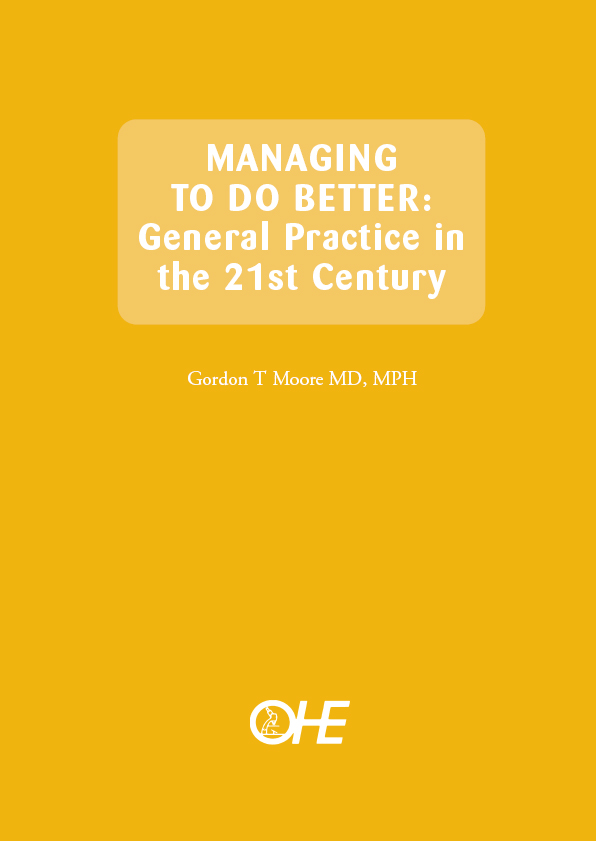Unlocking the Value of Combination Therapies

Health systems the world over are striving to manage their available resource to deliver the best value for the public’s health. For most nations, the general medical practitioner (GP) is the keystone of their organizational approach to achieving the best mix of quality,…
Health systems the world over are striving to manage their available resource to deliver the best value for the public’s health. For most nations, the general medical practitioner (GP) is the keystone of their organizational approach to achieving the best mix of quality, public and individual satisfaction, and cost. England’s latest reforms point towards a national health system that employs GPs – individually and in groups – as the micromanagers of resource and of care. GPs are close to the individuals and populations that are the target of improved health and sit at the interface between community, social, and medical resource. Consequently, GPs are in an excellent position to determine needs, manage care, and direct spend so that it does the most good. Yet it is not clear that GPs want the job. They are not adequately prepared or supported for this expansion of their traditional role. Nor is it certain that this role is theirs for the asking; others might step in to fill it, leaving general practice in a narrower medical role in future. New knowledge, skills, and, especially, attitudes will be needed if GPs are to carry out these functions well, win this work, and enjoy satisfying and personally sustaining careers. Medical education and continuing professional development must change if general practice is to undertake this critical role in the 21st Century.
Managing to do Better: General Practice in the 21st Century
Moore, G.
(2000) Managing to do Better: General Practice in the 21st Century. OHE Monograph. Available from https://www.ohe.org/publications/managing-do-better-general-practice-21st-century/